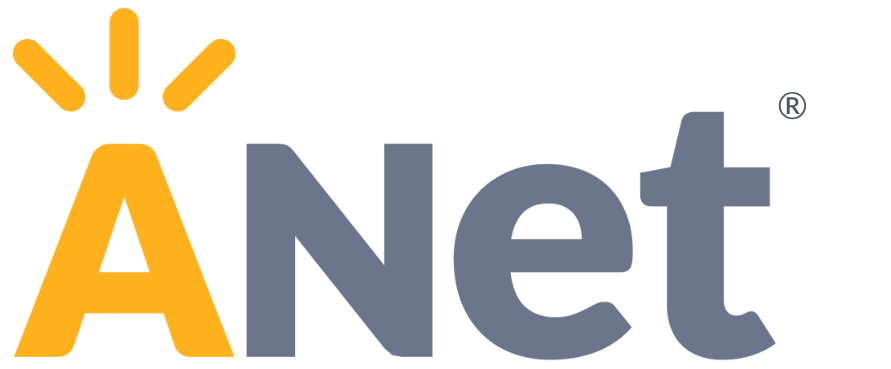by Michelle Odemwingie
“My students aren’t going to learn this anyway, so why are we teaching it?”
The question hung heavy in the air of the professional learning session, but no one responded to the teacher who asked it. The principal didn’t respond. The other teachers in the room didn’t respond. I didn’t respond.

While I’m sure most of us didn’t share the sentiment, we also didn’t confront a harmful bias that could directly impact the mostly black and brown students of that school.
It’s hard, of course, to speak up in this kind of situation. You don’t have the right words in the moment, you don’t want to derail a meeting, cause embarrassment, seem self-righteous… I thought about saying something, but I froze. A split-second pause felt like minutes; then it passed and the session continued as if nothing had happened. Everyone went back to previewing the upcoming assessment.
In my years as a classroom teacher, I saw numerous educators, including myself, struggle to teach students grade-level content. It’s hard to feel as though your students aren’t where they need to be, to question whether you’re making a difference. I can understand how classroom frustrations might lead to the pessimistic sentiment shared that day.
But that doesn’t make it okay.
“My students aren’t going to learn this anyway, so why are we teaching it?”
The answer is simple: We’re teaching it because our students need to know it. Because they deserve the same education and opportunities as their peers. And they are going to learn it. It’s our job and our responsibility to make sure they do.
“We’re teaching it because our students need to know it. Because they deserve the same education and opportunities as their peers. ”
Parents send their kids to school and trust that we’ll do right by them. That we’ll teach them what they need to graduate high school and be prepared for what comes next. If we hold low expectations, especially for students from underserved communities, we deny those students access to the education they deserve. We deny them a chance to succeed and to demonstrate their full potential.
We continued the planning session, and I fought back tears of frustration as I thought about the implications of skipping over this key understanding in fifth-grade math. What would happen when the students in that teacher’s class went on to the sixth grade? Would this gap in their mathematical knowledge follow them from grade to grade? Would future teachers help them fill in this gap, or would they blame the kids, blame their parents, give up on them, write them off?
I knew I had to do something.
Later on, I took the principal aside to discuss my concerns. To my relief, she was open to my thought partnership. We had a difficult conversation that I hope helped her see the connection between consistent, high standards and equity for students.
“My students aren’t going to learn this anyway, so why are we teaching it?”
Of all the PD sessions I’ve led over the years, this one stands out as a painful memory nearly three years later. I still regret that I didn’t manage to challenge the teacher’s low expectations in the moment, when it might have done the most good for all the students in that school.
Teachers face daily challenges. But we can all agree it’s not okay to give up on students.
Similarly, we should agree that teachers deserve support to meet these challenges successfully. They deserve high-quality PD on effective practices, assessments that provide actionable data on student needs, and a school culture that fosters collaboration and continuous learning.
They also deserve—and we all need—support to learn about, recognize, and frankly discuss unconscious bias. The more we honestly talk about issues of equity in education, the better prepared we are to speak up when we encounter them in schools.

